Rio de Janeiro, Nov 19, (V7N )– The foreign ministers of China and Russia met on the sidelines of the G20 summit in Brazil to discuss escalating tensions on the Korean Peninsula, according to Chinese state media.
During the meeting, Chinese Foreign Minister Wang Yi and Russian counterpart Sergei Lavrov exchanged views on the situation in Korea and the ongoing Ukraine crisis, as reported by China’s state broadcaster CCTV. While details of the discussions were not disclosed, Wang emphasized China’s readiness to deepen cooperation with Russia to support mutual development and global governance reforms.
The meeting reflects growing China-Russia alignment since Moscow's invasion of Ukraine in 2022. Western nations have accused Beijing of tacitly supporting Russia’s military efforts, while both countries have sought to counterbalance Western influence through strengthened diplomatic, economic, and defense ties.
Despite this partnership, North Korea's recent decision to send military assistance to Russia has raised concerns for Beijing. Analysts suggest that Pyongyang's actions could complicate China's security calculus in East Asia.
China’s Position on the Korean Peninsula
China, a traditional ally and key economic partner of North Korea, has sought to maintain stability on the Korean Peninsula. During a recent meeting with U.S. President Joe Biden, Chinese President Xi Jinping reaffirmed that Beijing would not allow “conflict and turmoil” in the region and vowed to safeguard China’s “core interests.”
China’s muted response to North Korea's military support for Russia has underscored its cautious approach, balancing its alliance with Pyongyang while prioritizing regional stability.
Geopolitical Implications
The discussions between Wang and Lavrov at the G20 come as both countries face mounting international scrutiny. For China, North Korea’s involvement in the Ukraine war poses potential risks to its influence in East Asia. Meanwhile, Russia continues to seek support from allies amid its prolonged conflict in Ukraine.
As Beijing and Moscow deepen their cooperation, their ability to navigate complex regional dynamics, including the Korean Peninsula, will shape future global governance and power alignments.
Further developments on these critical issues are expected as the G20 summit continues in Brazil.



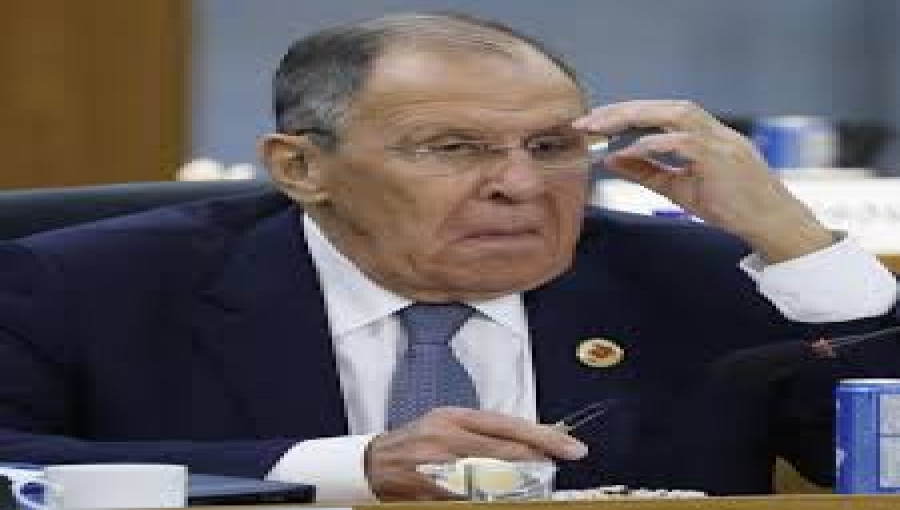


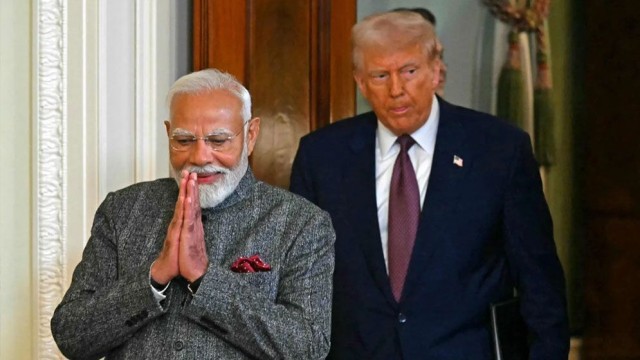
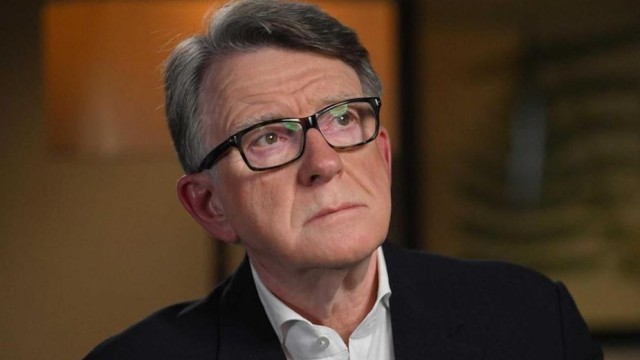

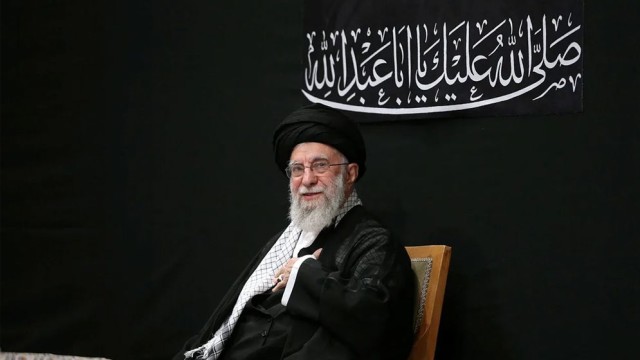


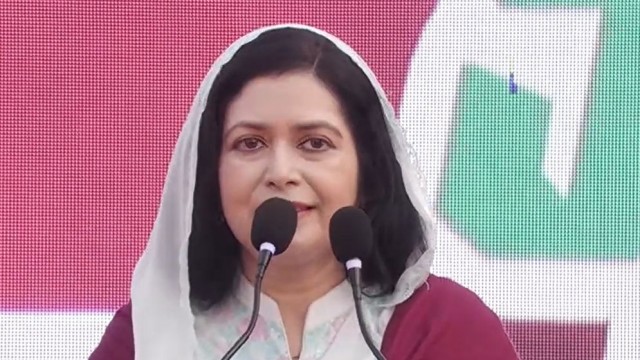



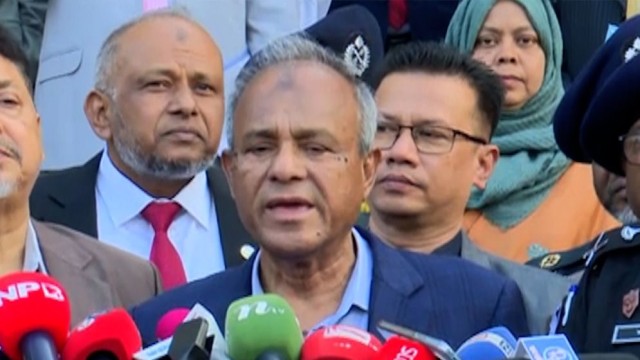
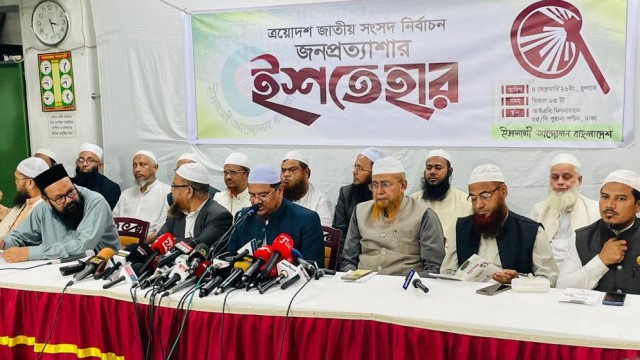












Comment: